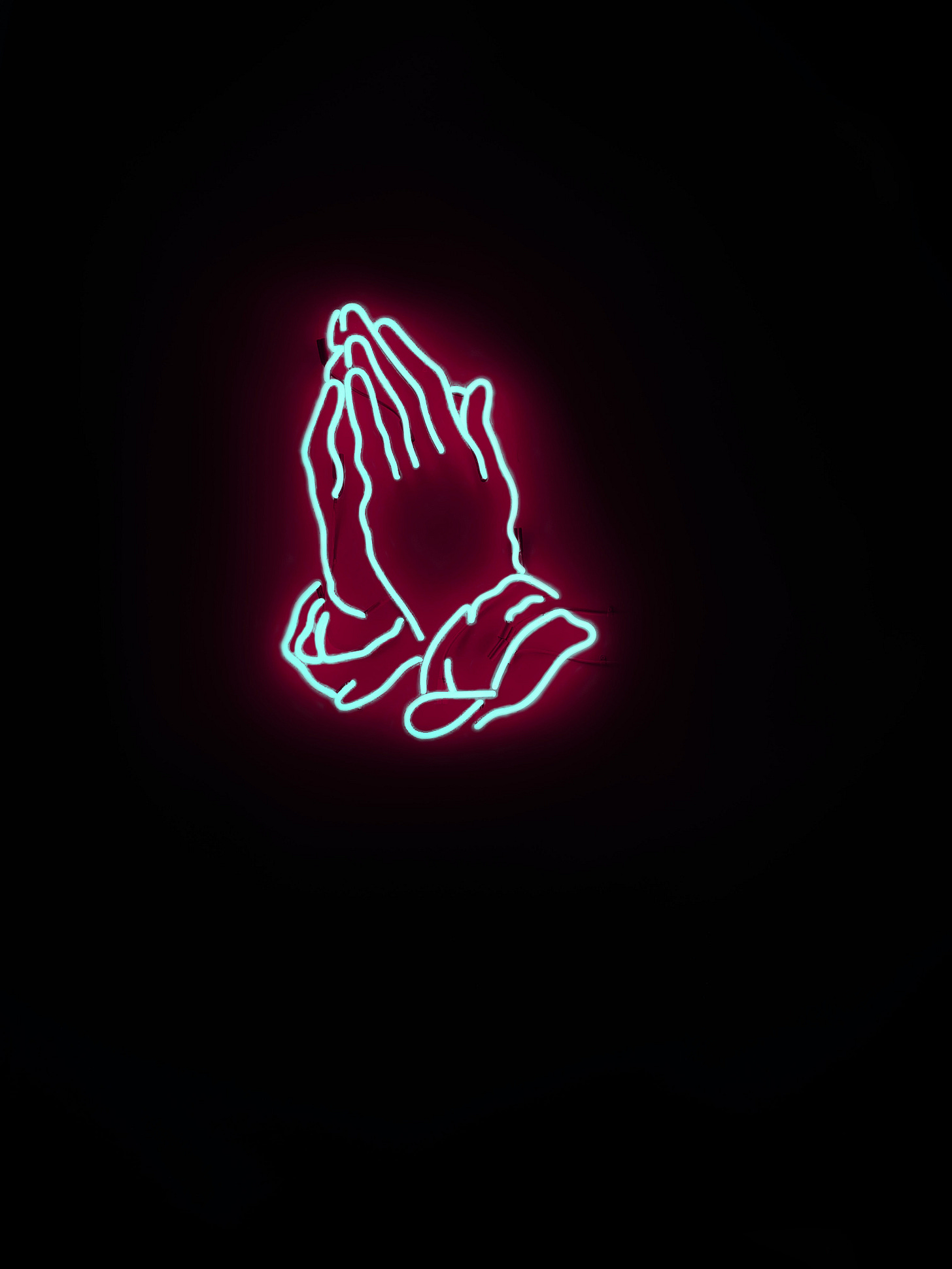Photo by Chris Liverani
It was a time of corruption. The priests were stealing the best parts of the offerings for themselves and seducing the young women who served at the temple. Their father, an old man named Eli, was well-meaning but ineffectual; he rebuked them, but they did not listen.
Meanwhile, the people came and went, appearing yearly at the temple to worship and offer sacrifices, as prescribed by the Scriptures.
One such man was Elkanah, a man of the hill country, who had two wives, Hannah and Peninnah. Peninnah was a prolific mother, but Hannah had no children; Penninah liked to taunt Hannah about this, year after year. And although Elkanah piled Hannah's plate high with food (because he loved her), Hannah could not eat. She would only cry.
On one particular year when the family went to worship at the temple, Hannah went to pray, in sight of Eli, who was sitting beside the doorpost. In her anguish, Hannah wept bitterly before God and asked Him for a son; she promised that, if God granted her request, she would give the child back to Him.
“How long will you go on being drunk?” Eli said to Hannah, whose lips were moving, though no sound came out. “Put your wine away from you!”
“No, my lord,” Hannah said, “I am a woman troubled in spirit. I have drunk neither wine nor strong drink, but I have been pouring out my soul before the Lord.”
“Go in peace,” Eli said, “and the God of Israel grant your petition that you have made to him.”
Then Hannah went away and ate, and her face was no longer sad.
* * *
God heard Hannah's prayer, and she gave birth to a son. She named him “Samuel,” which means
“God has heard.”
Then Samuel was weaned--somewhere between the ages of 2 and 4—and Hannah brought him to the temple and left him there with Eli.
Thereafter, she saw him once a year.
* * *
Hannah's desire—and her sacrifice—helped to bring about reform in Israel.
At a hopeless time—so hopeless, in fact, that one of the priest's wives named her son “Ichabod” (meaning “the glory has departed”)--God was raising up Samuel to be a faithful prophet, who consistently heard from God and obeyed.
He was a bright light in that dark time.
Moreover, God was raising up a king—a Psalmist—and a man after His own heart—who would shepherd the people of Israel and lead them to victory.
Now and here, in these evil times, I can't help but wonder what good, what light may come into this dark world from our own anguish directed to God in prayer; our own prayers answered and desires granted; our own gifts to God, our sacrifices, and the consecration of all that we have to Him.
Publication Opportunity for Christian Women
I have had the privilege of helping to write for and edit Kosmeo Magazine—a creative arts magazine for Christian women— for the past couple of years, and now we are looking for writing, music, visual art, handicrafts, etc. on “sheep.” Yes, the wooly animal. Sheep, obviously, show up throughout scripture, and are highly symbolic in the Christian life; however, we welcome any and all meditations on sheep, and/or whatever sheep might make you think of. I will share the link below. We plan to publish quarterly and have three other themes this year as well. I hope you will consider submitting!




I submitted a true story of how I came to collect lambs.
I clicked the link and checked out the mag. Fantastic stuff! I shared it to my wife and my oldest daughter (and I’ll be reading some of it myself, despite my guy-ness.) The world needs more uplifting faith-promoting literature and music. Thanks for putting this out there!